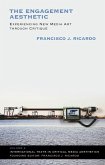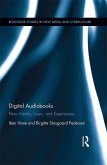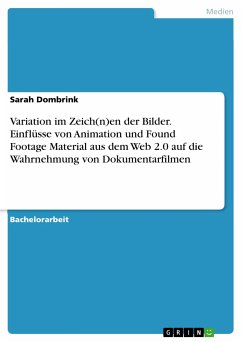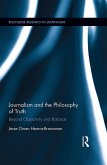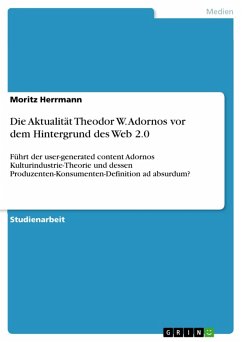Long after painting, sculpture, photography, and film developed along with their materials - canvas and panel, marble and bronze, and celluloid film - a new generation of art has emerged in which digital, electronic, architectural, and performative materials have offered new forms for creative expression and experience. In much of this new art, the medium - no longer composed of passive materials - now embraces and challenges viewers to work as co-creators of aesthetic experience.
Starting from the impossibility of understanding this new and complex art solely within the framework of contemporary art history and criticism, The Engagement Aesthetic offers new modes of critique for new media works of art, literature, and performance that operate in complex ways. Blending a range of methodologies from phenomenology, art history, linguistics, and statistical analysis, Ricardo explores how a new kinship between individual participation, electronic media, virtual and actual space, and mediated language results in a new aesthetic of mutual engagement.
Starting from the impossibility of understanding this new and complex art solely within the framework of contemporary art history and criticism, The Engagement Aesthetic offers new modes of critique for new media works of art, literature, and performance that operate in complex ways. Blending a range of methodologies from phenomenology, art history, linguistics, and statistical analysis, Ricardo explores how a new kinship between individual participation, electronic media, virtual and actual space, and mediated language results in a new aesthetic of mutual engagement.



